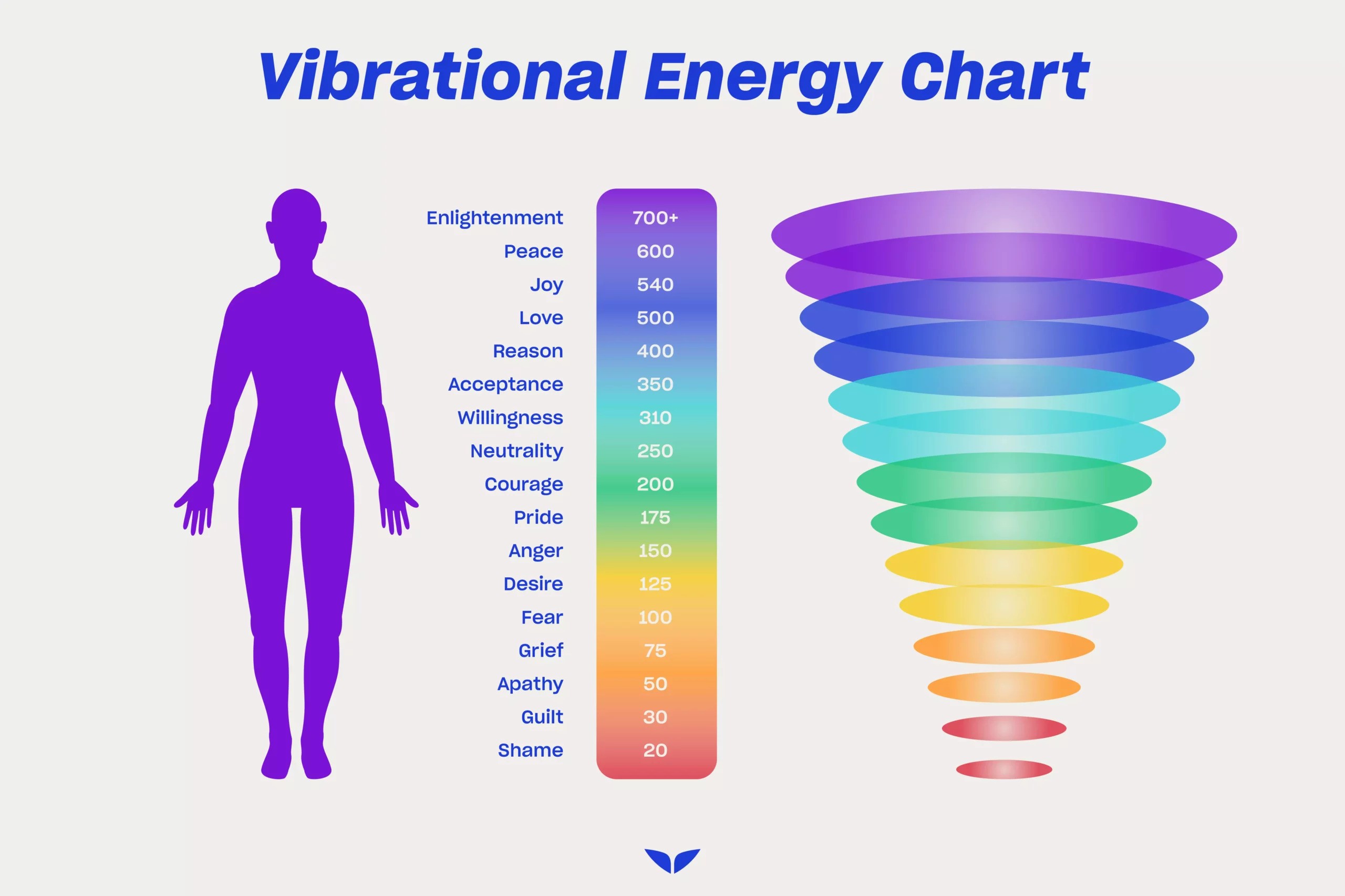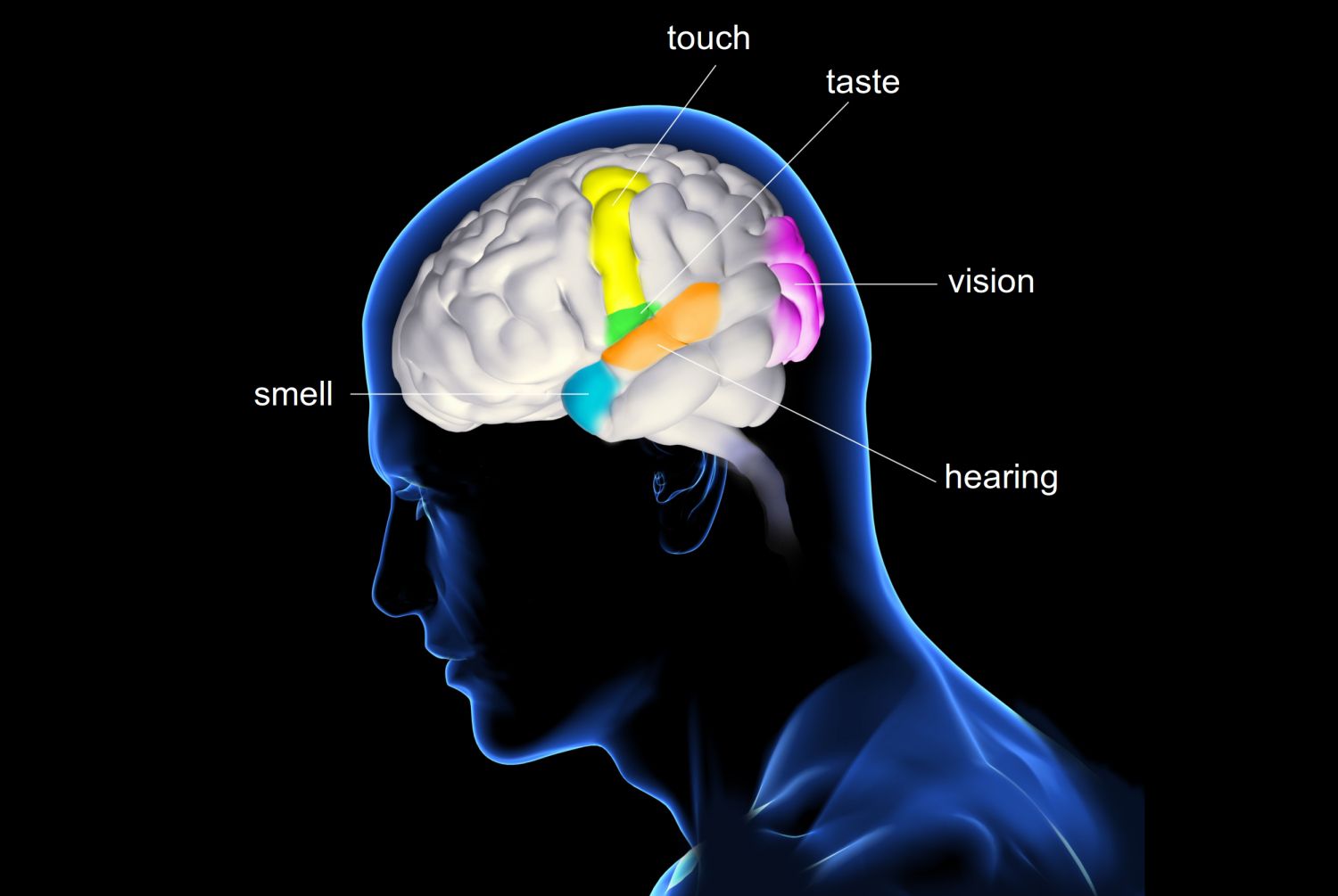How to Stay Grounded in an Ever-Changing World
Staying grounded amidst the whirlwind of life's challenges can often feel akin to grasping at straws in a tempest. Yet, the art of remaining centered and balanced is not just wishful thinking; it's a skill that can be honed with the right know-how. This comprehensive guide on how to stay grounded will provide you with actionable insights and practical tips that you can weave into the fabric of your daily life. Whether you're navigating personal upheavals, professional pressures, or the general ebb and flow of existence, learning how to stay grounded is your secret weapon for maintaining composure and clarity.
Imagine being the eye of the storm; calm, collected, and in control, no matter what life throws your way. That's the power of being grounded. From mindfulness techniques to lifestyle adjustments, we'll explore a plethora of strategies designed to anchor you firmly in the present moment. So, if you're ready to transform the chaos into tranquility, keep reading to discover how to stay grounded and turn life's rollercoaster into a scenic ride.
Introduction
Life's relentless pace can sometimes sweep us off our feet. In the midst of this hustle, how to stay grounded becomes a question of paramount importance. To stay grounded is to maintain a sense of stability and balance, no matter the turbulence we face. It's about being anchored to the core of who we are, enabling us to act with purpose and poise.
But what does it mean, in practical terms, to stay grounded? It's about cultivating a toolkit of habits and practices that keep us rooted in the present. It's about nurturing a mindset that helps us withstand the gusts of life's uncertainties. In the following sections, we'll delve into the various facets of grounding, offering you a roadmap to a more centered existence.
The Importance of Staying Grounded
Ever felt like you're running on autopilot, disconnected from your surroundings and inner self? That's a telltale sign you're in need of grounding. But why is it so critical?
Being grounded affects every aspect of our being. It impacts our mental health, keeping stress and anxiety at bay. It influences our physical well-being, as a calm mind often leads to a healthier body. It shapes our relationships, as being present allows us to connect more deeply with others.
Moreover, staying grounded enhances our decision-making skills. When we're centered, we can approach problems with clarity and make choices that align with our values. It's like having an internal compass that guides us through life's storms.
Let's break down the reasons why staying grounded isn't just nice to have, it's a must:
- Mental Clarity: A grounded person can think with greater clarity and avoid being overwhelmed by negative thoughts.
- Emotional Stability: Grounding helps regulate our emotions, providing a sense of calm even when external circumstances are challenging.
- Physical Health: Stress can wreak havoc on the body; grounding practices can help mitigate these effects.
- Improved Relationships: When we're grounded, we're better listeners and more empathetic partners, friends, and colleagues.
- Resilience: Grounding builds resilience, empowering us to bounce back from setbacks with grace.
As we explore further, remember that learning how to stay grounded is an investment in your overall quality of life.
Recognizing When You're Ungrounded
Before we can address how to stay grounded, we must first be able to spot the signs of being ungrounded. It's like knowing the symptoms of a cold; once you recognize them, you can take the right medicine.
Feeling ungrounded can manifest in various ways, often sneaking up on us like a shadow. Here are some common indicators:
- A sense of restlessness or constant anxiety
- Difficulty focusing or completing tasks
- Feeling easily overwhelmed by everyday situations
- Physical symptoms such as fatigue, headaches, or tension
- An emotional rollercoaster that seems to have no end
Recognizing these signs is the first step towards regaining your footing. Once you're aware of them, you can begin to implement grounding techniques to counteract the imbalance.
Let's take a closer look at some personal anecdotes that illustrate what it feels like to be ungrounded:
"I was always on edge, as if I was waiting for the other shoe to drop. It was exhausting." - Jamie, 34
"My mind was like a browser with too many tabs open, and I couldn't seem to close any of them." - Alex, 29
These experiences are common, but they don't have to be your norm. With the right tools, you can learn how to stay grounded and regain control of your well-being.
Mindfulness Techniques to Stay Grounded
Mindfulness is the cornerstone of learning how to stay grounded. It's about being fully present in the moment, aware of where we are and what we're doing, without being overly reactive or overwhelmed by what's going on around us.
Here are some mindfulness techniques that can help you stay grounded:
- Deep Breathing: Take a few minutes each day to focus on your breath. Inhale deeply through your nose, hold for a moment, and exhale slowly through your mouth.
- Meditation: Regular meditation can train your brain to be more present. Start with just five minutes a day and gradually increase the time.
- Body Scan: Pay attention to each part of your body in turn, noting any sensations or tensions without judgment.
- Mindful Walking: Go for a walk and focus on the experience of walking, noticing the sensations in your feet and the sounds around you.
Here's a tip: integrate mindfulness into your daily routines. For example, when you're washing dishes, pay attention to the feel of the water, the sound of the dishes clinking, and the rhythm of your movements. This practice can transform mundane tasks into moments of mindfulness.
Remember, mindfulness isn't about emptying your mind of thoughts; it's about observing them without getting caught up in them. As you practice these techniques, you'll find that staying grounded becomes more natural and accessible.
Physical Activities to Promote Grounding
Our bodies are incredible vehicles for grounding. Engaging in physical activities can be a potent way to bring your awareness back to the present and reconnect with your physical self.
Here are some activities that can help you feel more grounded:
- Yoga: The combination of movement and breath in yoga is excellent for grounding. Try poses like the Mountain Pose or the Warrior series to foster a sense of stability.
- Exercise: Regular exercise, whether it's a brisk walk, a run, or a swim, can help release pent-up energy and stress.
- Gardening: There's something profoundly grounding about working with soil. Planting, weeding, and just being in nature can be very calming.
- Dancing: Let loose and dance like nobody's watching. It's a fun way to get out of your head and into your body.
It's important to choose activities that you enjoy and that make you feel good. The joy of movement can be incredibly grounding and is often just what we need to bring us back to center.
Consider this quote from a dance instructor: "Dancing is my anchor. When I move to the music, all my worries seem to fade away, and I'm right here, in this moment, alive and kicking." - Daniela, 45
Find your anchor in physical activity, and watch how it transforms your ability to stay grounded.
Nurturing Connections and Community
Humans are social creatures, and our connections with others play a crucial role in how to stay grounded. Nurturing relationships and being part of a community can provide a sense of belonging and support that is invaluable for staying centered.
Here are some ways to strengthen your connections:
- Reach Out: Regularly check in with friends and family. A simple conversation can do wonders for your state of mind.
- Volunteer: Helping others can help you feel more connected to the world around you and give you a sense of purpose.
- Join Groups: Participate in groups that share your interests, whether it's a book club, a sports team, or a hobby group.
- Spend Quality Time: Make time for face-to-face interactions. Shared experiences can create strong bonds and memories.
Remember, it's not about the number of connections you have, but the quality of those connections. Deep, meaningful relationships can serve as a powerful grounding force in your life.
Here's a heartwarming perspective: "Whenever I feel like I'm losing my footing, I turn to my community. They remind me of what's real, what matters, and they help me find my way back." - Michael, 52
Invest in your relationships, and you'll find a network of roots that keep you grounded through life's ups and downs.
Conclusion
Learning how to stay grounded is a journey that requires intention, practice, and a little bit of soul-searching. It's about finding what works for you and integrating those practices into your daily life. Whether it's through mindfulness, physical activity, or nurturing connections, the path to staying grounded is personal and unique to each individual.
Remember, staying grounded isn't about never feeling off-kilter; it's about knowing how to regain your balance when life throws you a curveball. It's about building resilience and finding peace amidst the chaos. So take these tips, experiment with them, and discover the grounding techniques that resonate with you.
As you continue to practice staying grounded, you'll likely find that not only do you feel more stable and centered, but you're also able to enjoy life's journey with a greater sense of calm and appreciation. So here's to finding your grounding, and may it lead you to a more balanced and fulfilling life.



